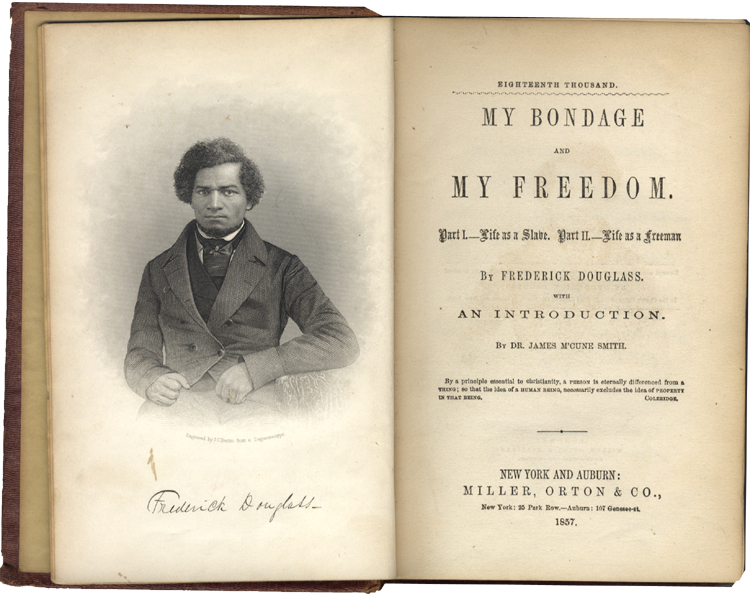
In the month of August, 1841, I attended an anti-slavery convention in Nantucket, at which it was my happiness to become acquainted with Frederick Douglass, the writer of the following Narrative. But otherwise the importance of this text is obvious and moving. I also completely understand why he omitted the details of how he escaped slavery (the safety of other fleeing slaves who might take the same path), but given that the whole narrative was heading in that direction, it does create an unfortunate disconnect with his story as a narrative at that point.

I've always found the idea he presented of slavery itself as a corrupting influence on whites even if they start out with "good" intentions to be really intriguing, so I was hoping for a deeper exploration of that and didn't really find it in the full text. Personally, I've read sections of it before in school, but this was my first full read through (even then it's quite short, 122 pages on Kindle).

If you've never read this before and worry it will be dense or inaccessible, don't let that be a stumbling block the writing is powerful but uncomplicated. What really struck me was how the introductory texts in the preface (written by Douglass's contemporaries and included in the original publication, so I believe they will be in all editions), while sincere and correct, are still fairly inaccessible and overwrought as far as the language is concerned, which has the effect of highlighting the clear, concise wisdom of Frederick Douglass.


 0 kommentar(er)
0 kommentar(er)
